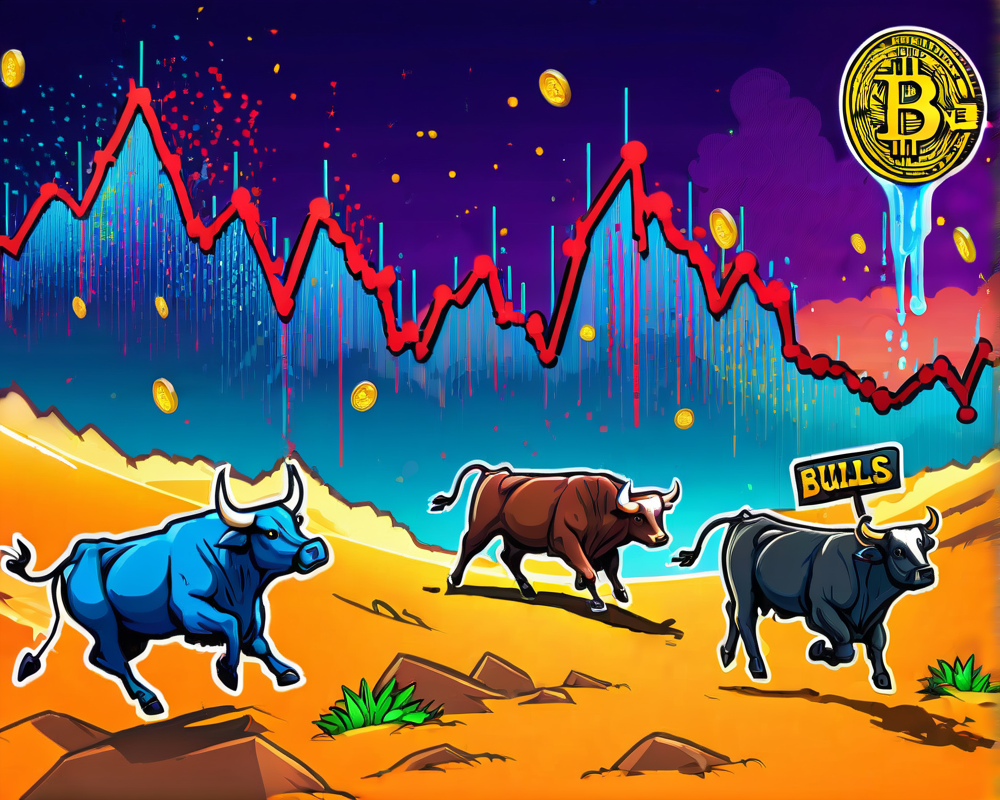The Rise of Japan’s Bitcoin Exchange Market
Just the other day, Japan threw a surprise party and invited everyone to its Bitcoin exchange market, nudging the US and China off their comfy thrones as the largest exchange market in terms of daily trading volume. Yes, folks, it was a moment of glory—albeit a short-lived one—where the yen took center stage and Bitcoin danced above $3200.
Back to Business: The World Reacts
But wait! Like a scene from a reality show, the US and China quickly swooped back in, reclaiming their spots in the crypto rankings a few days later. Coursing through the halls of major online communities and forums, Bitcoin users were left scratching their heads. Was Japan’s trading volume real or just a flashy ruse?
Zero-Fee and Margin Trading: The Double-Edged Sword
Some skeptics pointed fingers at Japan’s zero-fee trading system, claiming it resulted in inflated trading volumes. To draw an analogy, it’s like throwing a pizza party where everyone eats for free—obviously, the slices get devoured faster. From 2013 to 2016, China was the reigning champion of trading volume until a round of severe regulations hit, specifically targeting their zero-fee schemes.
- When zero-fee trading got the axe, China’s market volume nosedived like a poorly executed cannonball.
- On the flip side, did Japan manage to pull it off?
A Word from the Experts
In a chat with Bitcoin.com, with all the seriousness of a business meeting, BitFlyer’s CFO, Midori Kanemitsu, voiced a defense for the bustling Japanese market. Kanemitsu insisted that despite the zero-fee system, trades weren’t simply manufactured by shadowy bots in a dark corner of the net. The competition was fierce—so fierce that it was driving some exchanges into negative fee territory. The more, the merrier!
“The Japanese Bitcoin market is so extremely competitive that almost all the exchanges charge no fees…,” claimed Kanemitsu.
Japan: A Mainstay in the Crypto Landscape
Despite the debates swirling around the validity of trading volumes, Japan has positioned itself as a pivotal player in the crypto universe for not just Bitcoin, but also other notable cryptocurrencies like Ripple, NEM, and Litecoin. The competition has led to growth, but it raises a larger question for enthusiasts: is it sustainable?
The Comparisons Continue: China vs. Japan
While many users liken the decline of Chinese trading volumes to the prohibition of zero-fee trading, China hasn’t vanished; it remains the second-largest Bitcoin exchange market globally. Japan’s rise may have been swift, but whether it can hold its ground remains to be seen. Will it be a lasting success or just a passing phase?




